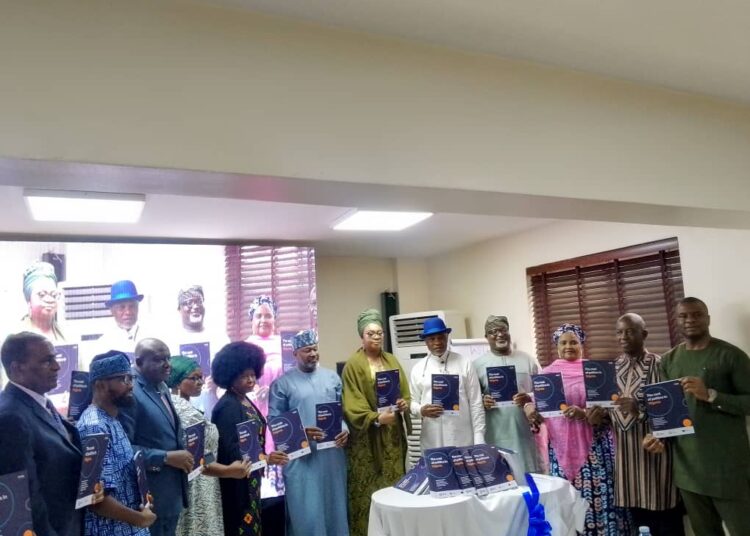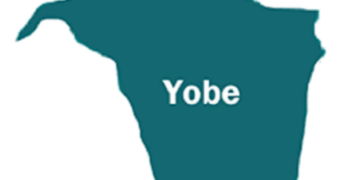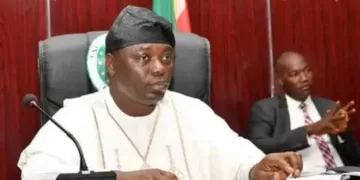The Minority Leader of the House of Representatives, Hon. Kingsley Chinda, has raised concerns over the skyrocketing cost of political participation in Nigeria, warning that the system has become a money-driven venture that threatens inclusive democracy.
Speaking at the launch of a report titled “Cost of Politics and Political Inclusion”, commissioned by the Westminster Foundation for Democracy (WFD) under its Nigeria Open Political Parties (NOPP) project, Chinda said Nigeria’s politics has become “exclusive, expensive, and undemocratic.”
He described the system as one that increasingly shuts out women, youth, and Persons with Disabilities (PWDs), turning what should be a civic right into a financial investment only the wealthy can afford.
“The right to participate in governance, which should be a fundamental civic duty, is now treated as a financial investment,” Chinda lamented.
“From purchasing party nomination forms to campaigning, mobilising support, defending electoral victories, and sustaining political office, every stage demands substantial funds.”
Citing the 2023 general elections, Chinda noted that only 8.4 per cent of candidates were women, while youth and PWD representation remained disproportionately low despite their large population.
“Politics has become a gated community,” he said. “The rising cost of political participation has created a system that privileges the wealthy while sidelining voices that truly reflect the diversity of our society.”
According to the lawmaker, the WFD report confirmed that beyond official political expenses, aspirants were weighed down by informal financial obligations, ranging from payments to party delegates, traditional rulers, media practitioners, to even judicial actors.
He warned that such monetisation directly fuels corruption.
“Public office is now seen as a means of recouping electoral investment. Inflated contracts, monetised appointments, and transactional governance are the natural consequences of a system where elections are viewed as business ventures.”
Calling for urgent and comprehensive reforms, Chinda urged action from the executive, legislature, electoral commission, political parties, and civil society groups. He advocated for the enforcement of campaign finance laws, stronger penalties for malpractice, and a re-evaluation of the candidate replacement process in supplementary elections.
The WFD Country Director, Adebowale Olorunmola, echoed Chinda’s concerns, stressing that financial barriers are eroding the democratic principle of equal participation.
“This study shows how economic exclusion is silencing women and other underrepresented groups. While democracy depends on diverse representation, the cost of participation has created a steep wall that many cannot climb.”
Also speaking at the event, the National Chairman of the Inter-Party Advisory Council (IPAC), Yusuf Dantalle, said genuine public service should be the motivation behind political ambition,not wealth.
“We have created directorates for Women Affairs, Youth, and Persons with Disabilities within IPAC to drive inclusion at the party level,” he noted.
Amina Byrhm, President of the National Women Leaders Forum of Political Parties, highlighted how prohibitive campaign costs discourage female aspirants.
“Stakeholders must remove the structural and financial barriers that limit women’s access to leadership,” she said.
Ayibakuro Matthew, Governance Adviser at the Foreign, Commonwealth & Development Office (FCDO), called for political and policy incentives that promote accountability and inclusion.
“We must find ways to align voter and political behaviour with values that promote accountability,” he stressed.
Henry Nwawuba, Executive Secretary of the National Assembly Library and Resource Centre, said high political costs often drive away capable individuals while encouraging those motivated by personal or financial gain.
The report, presented by lead researcher Hakeem Onapajo, offers a data-driven look into the cost structure of Nigerian politics and its damaging effects on governance and equitable representation.
Participants at the event unanimously agreed that urgent, multi-stakeholder action was needed to curb the monetisation of politics and restore integrity to Nigeria’s democratic space.





